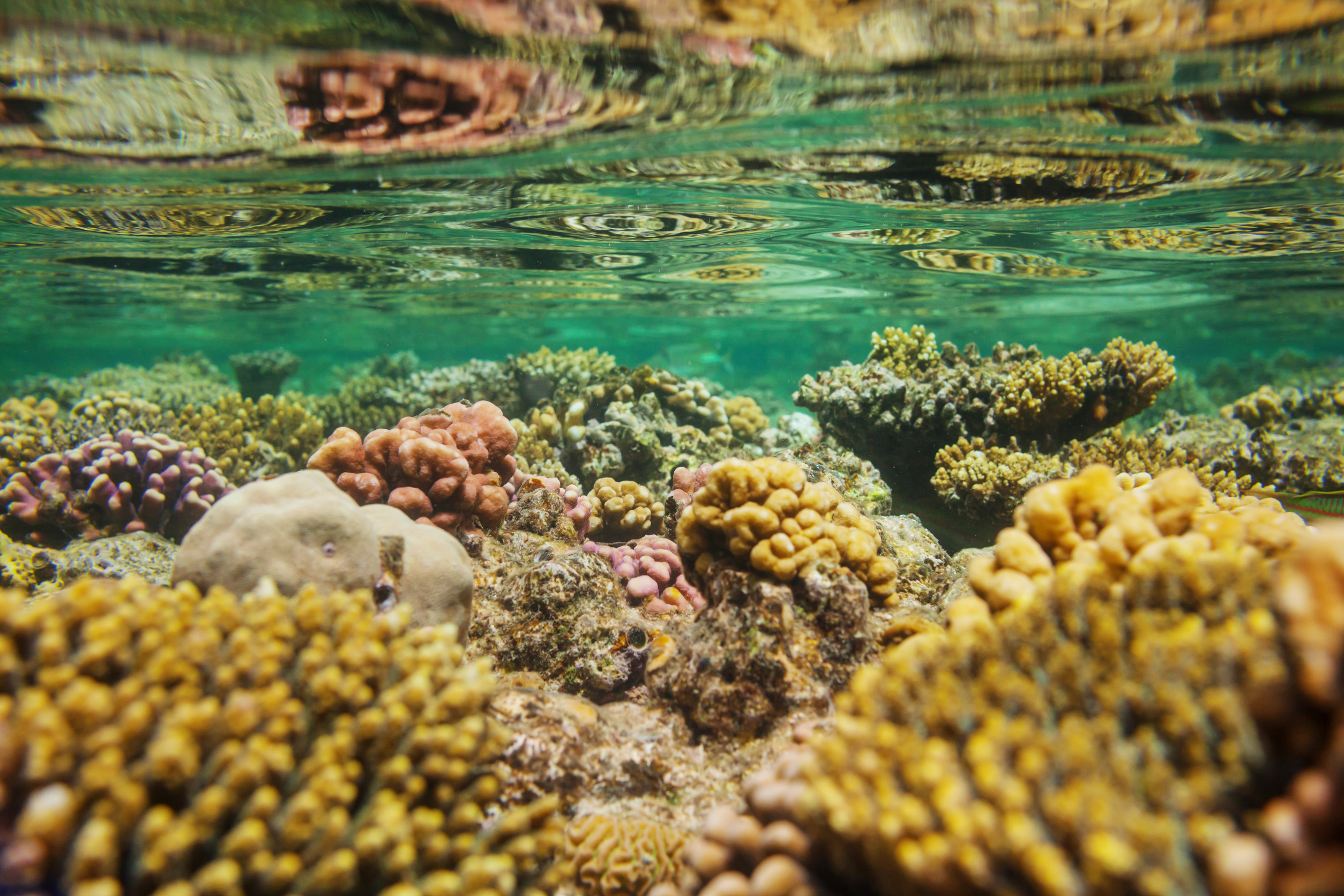Image Credit: kamchatka/123rf.com
Off the coast of Miami, a groundbreaking initiative is underway to restore coral reefs severely affected by climate change. In collaboration with the University of Miami, the Florida Aquarium, and Tela Marine in Honduras, scientists are transplanting crossbred coral fragments onto a reef that suffered extensive bleaching in 2023.
This innovative project aims to combat the detrimental effects of rising ocean temperatures, which have placed Florida’s coral reefs under unprecedented stress. The initiative seeks to enhance genetic diversity among corals, a critical factor in their survival as they face threats from climate change and pollution.
Researchers have opted to crossbreed Florida’s native corals with those from a thriving reef in Tela, Honduras. This location was chosen due to its warm, nutrient-rich waters that support healthy Elkhorn corals, which are essential to reef structure. The crossbreeding process was conducted at the Florida Aquarium, where coral spawn from both locations was combined.
This project marks a significant milestone as it is the first instance of crossbred coral from two nations being permitted for planting on a wild reef. The team recently placed juvenile Elkhorn coral fragments onto concrete bases along Miami’s reef, allowing for real-world performance comparisons of different genetic combinations.
Elkhorn corals are vital to the health of Florida’s marine ecosystems, providing natural barriers that protect shorelines from storms and flooding. However, over 95 percent of Florida’s Elkhorn population has been lost due to coral bleaching—a process triggered by elevated temperatures that causes corals to expel the algae necessary for their survival.
The researchers aim to determine whether corals with Honduran lineage exhibit greater resilience to rising ocean temperatures compared to their Florida-only counterparts. Monitoring will continue throughout the summer to assess the performance of these transplanted corals, some of which have been nurtured in lab conditions since 2020.
If successful, this initiative could serve as a model for similar efforts across the Caribbean, where coral reefs are facing comparable challenges. The collaboration underscores the importance of global cooperation in addressing environmental issues, emphasizing that ecological boundaries do not exist in the face of climate change. The progress made in Miami could signal a significant turning point for coral restoration efforts worldwide.
Check out the original article here: Source link



